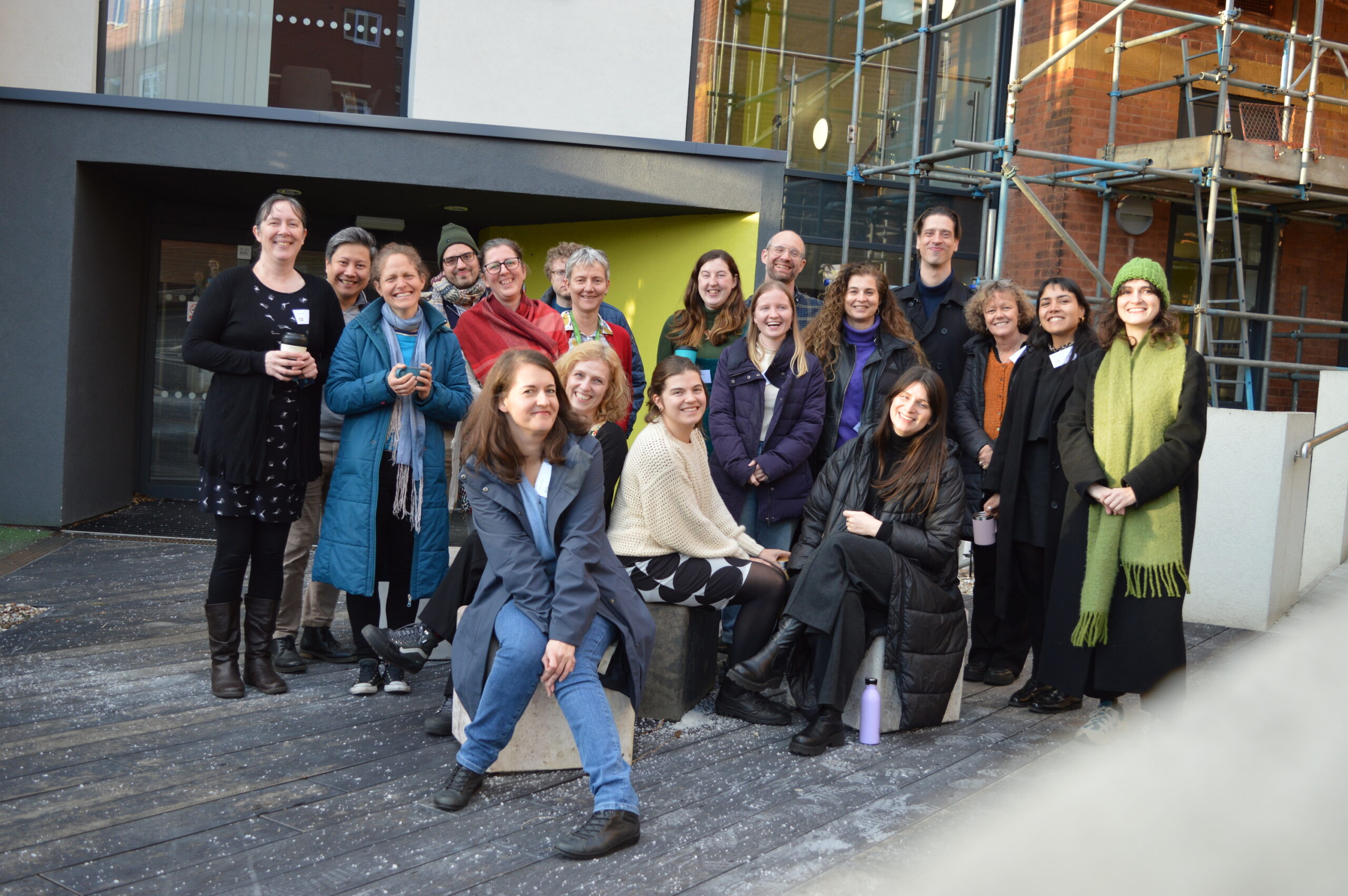How can social, economic, and political processes be transformed to simultaneously support biodiversity and equity?
In DAISY (DigitAl, TechnologIcal and Social innovation mixes enabling transformation for biodiversity and equitY) we explore how interventions – such as innovations, regulations, financial incentives, and social norms – can drive systemic change for biodiversity and equity. During the project we will identify and assess key social, political, and economic processes, map emerging innovations in areas like agri-food, energy, education, and urban development, and develop transformative intervention mixes (TIMs) to be tested across practical, political, and personal spheres.
Through case studies, workshops, and interdisciplinary collaborative research, DAISY will engage civil society, policymakers, and businesses to amplify transformative action. The project will provide concrete policy recommendations and strengthen networks that bridge science and practice, ensuring lasting impact in addressing biodiversity loss and social equity.
Tasks:
Our team will participate in several tasks during the 3-year long project with a leading role in Amplification processes to foster transformative change (T4.3) and Accelerating knowledge through online learning opportunities (T5.4).
ESSRG’s tasks include enhancing dialogue and knowledge-sharing through online learning platforms, training sessions, and interactive workshops while fostering the amplification of biodiversity-related innovations. During the project we will connect local actors, policymakers, and innovators through targeted dialogue processes, cross-case meetings, and an international matchmaking event. By leveraging existing networks and learning platforms, DAISY will support capacity-building, facilitate peer-to-peer learning, and accelerate the adoption of transformative change for biodiversity and equity.
Case study: We also contribute to DAISY with a case study which builds on the results of a former project, Contracts2.0. In this case study we investigate and support the development and possible launch of the first Hungarian results-based pilot in the Őrség region. By analyzing and enhancing social-technological dimensions, we aim to scale up these innovations at practical, political, and personal levels, fostering knowledge exchange, policy integration, and a shift in farmers’ attitudes towards biodiversity conservation.

The project is led by Coventry University and funded by the EU Research and Innovation Funding Programme “Horizon Europe”(HORIZON-CL6-2024-BIODIV-01) under the grant agreement 101181857.